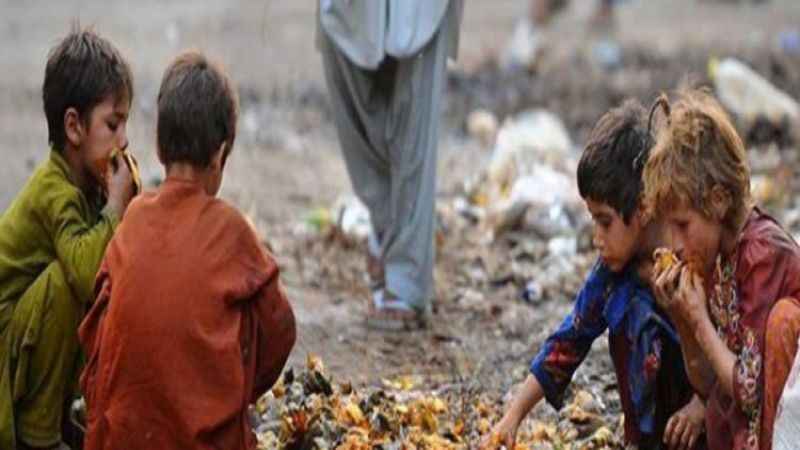
Local Editor
Four years of war have left Yemen, already the poorest state in the Middle East, on the brink of collapse with conditions on Thursday only getting worse as some 75 percent of its population of 29 million are in need of humanitarian assistance to subsist.
Long lines of hungry people have formed at so-called charity kitchens for free food handouts in places like Yemen’s largest city and capital, Sana’a.
“This kitchen covers part of our food needs,” Khaled al-Motreb, a 35-year-old former bank worker who lost his job when the war broke out in 2014, told EFE.
“We divide the rice we’re given into two plates,” he said, adding that the meager ration has to feed his family of six.
Among those queuing at the charity kitchen was a one-legged man leaning on a pair of crutches while waiting for his portion with a plastic bag in his hand.
Not able to provide for his four-member family, Mohamed Ali Hamid had his right leg amputated five months ago, when he was fighting among the Houthi revolutionaries.
“I have not found work because I am disabled. I hope hostilities will end and God reunites Yemenis,” Hamid said.
Many public sector employees have not received their salaries for months in the Houthi-held area, while 55 percent of the private sector workers were left unemployed due to the ongoing conflict and the economic stagnation, according to the United Nations.
Images by an epa-efe photographer on the ground showed an open-mouthed child pressing himself against a window as he watched volunteers prepare the parcels, which are filled with rice, vegetable and bread.
The food is cooked in giant pots and neatly packaged on rows of tables inside a tiny room cluttered with piles of plastic baskets and huge plates.
A 40-year-old former army officer who is currently unemployed, Adel al-Bahri, said he had been receiving aid for two months in order to feed his family of eight.
Conducted by Yemeni youth volunteers with the help of donations from Switzerland, the charity kitchen offers rice, cooked vegetables and bread to more than 1,100 families each day.
According to the UN, 17.8 million people face food insecurity in the country, while 11.3 million are in need of urgent assistance.
Source: News Agencies, Edited by Website Team